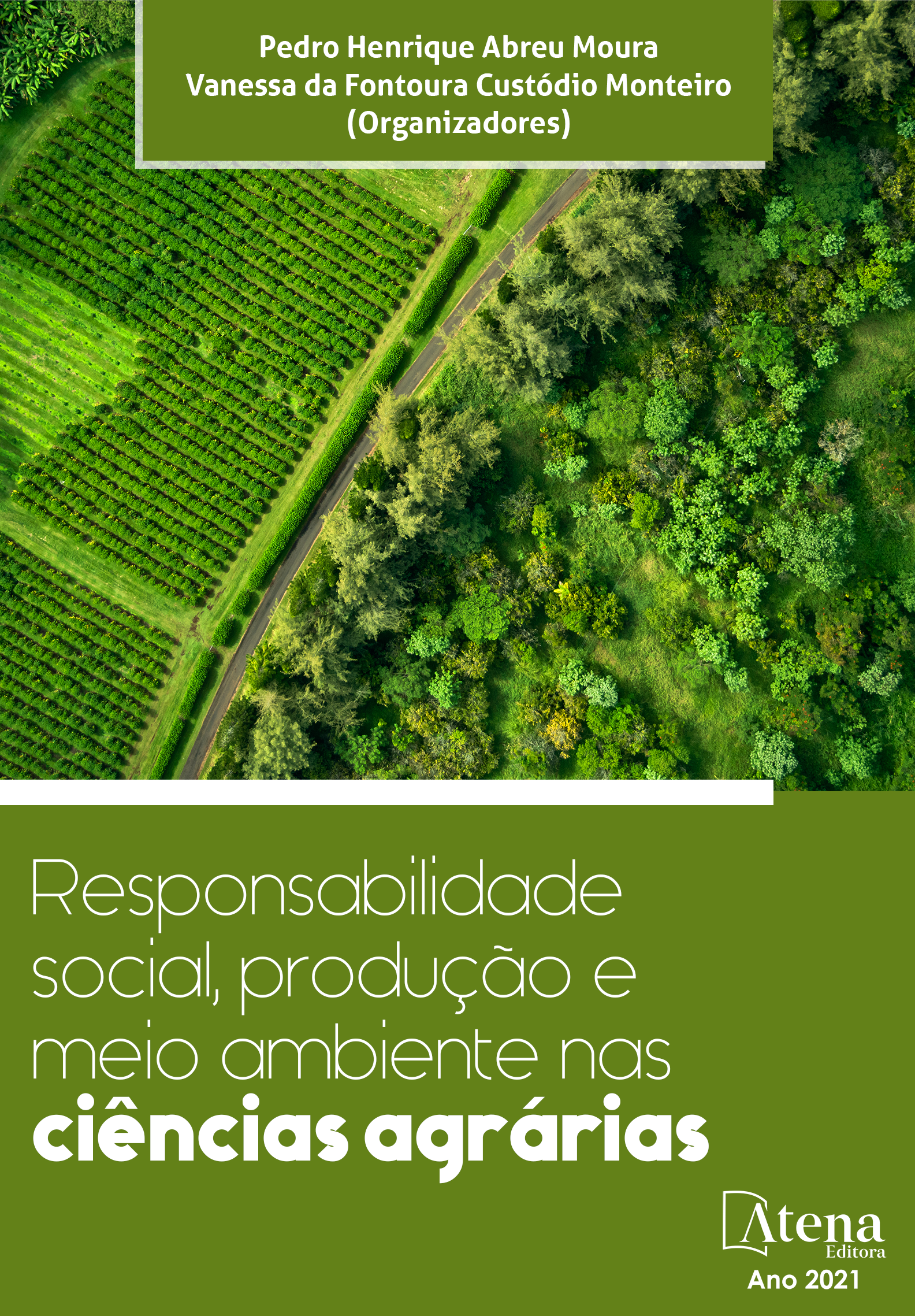
SUSTENTABILIDADE DO EXTRATIVISMO DO FRUTO DE CUMBARU NO MUNICÍPIO MATO-GROSSENSE DE POCONÉ – BIOMA PANTANAL, BRASIL
O objetivo deste estudo foi analisar a sustentabilidade socioeconômica ambiental do extrativismo do fruto de cumbaru no município mato-grossense de Poconé – Bioma Pantanal. Optou-se por uma sequência metodológica para mensuração da sustentabilidade social, econômica e ambiental, por meio de indicadores, com dados obtidos através da realização de entrevista semiestruturada. A avaliação constatou que as atividades desenvolvidas tanto pelas famílias de agricultores quanto pelas instituições que atuam no setor apresentaram grau médio de sustentabilidade, e que não há equilíbrio entre as três dimensões. Concluiu-se que é necessária a estruturação das atividades, capacitação dos extrativistas, políticas públicas de valorização das pessoas e do meio ambiente, bem como regularização da comercialização.
SUSTENTABILIDADE DO EXTRATIVISMO DO FRUTO DE CUMBARU NO MUNICÍPIO MATO-GROSSENSE DE POCONÉ – BIOMA PANTANAL, BRASIL
-
DOI: https://doi.org/10.22533/at.ed.0782112079
-
Palavras-chave: Indicadores. Desenvolvimento Sustentável. Extrativismo Vegetal. Agricultura Familiar.
-
Keywords: Indicators. Sustainable Development. Vegetal Extraction. Family Farming.
-
Abstract:
The objective of this study was to analyze the environmental socioeconomic sustainability of extraction of cumbaru fruit in the city of Poconé, Mato Grosso - Pantanal Biome - Brazil. A methodological sequence was chosen to measure the social, economic and environmental sustainability, through indicators, with data obtained by carrying out semi-structured interviews. The research found that the activities carried out both by the families of farmers and institutions operating in the sector presented an average degree of sustainability, and that there is no balance between the three dimensions. We have concluded that the structuring of activities is needed as well as the training for the extractors, public policies that value people and the environment, and the regulation of marketing.
-
Número de páginas: 26
- Fabrício Schwanz da Silva
- Andre Ximenes Melo
- Sonia Aparecida Beato Ximenes de Melo


